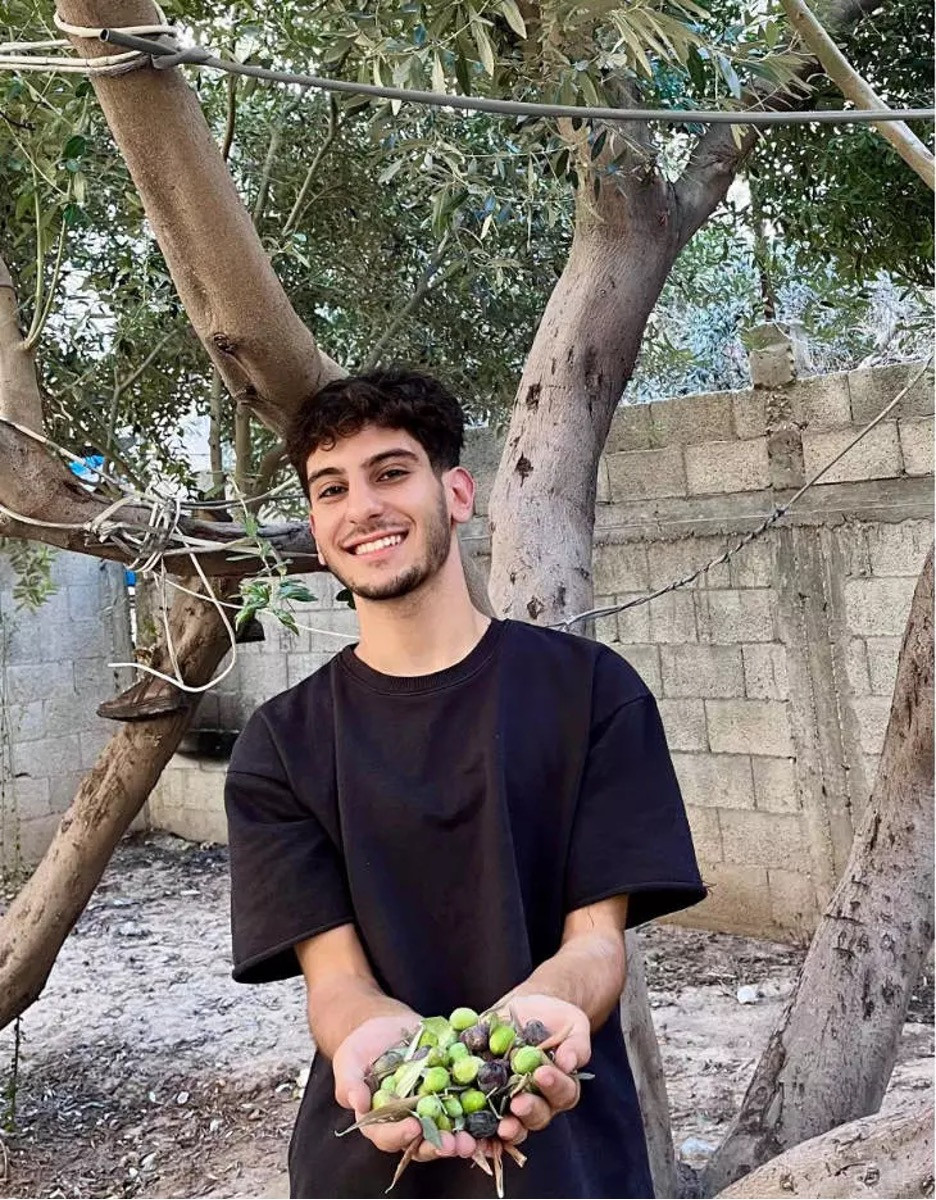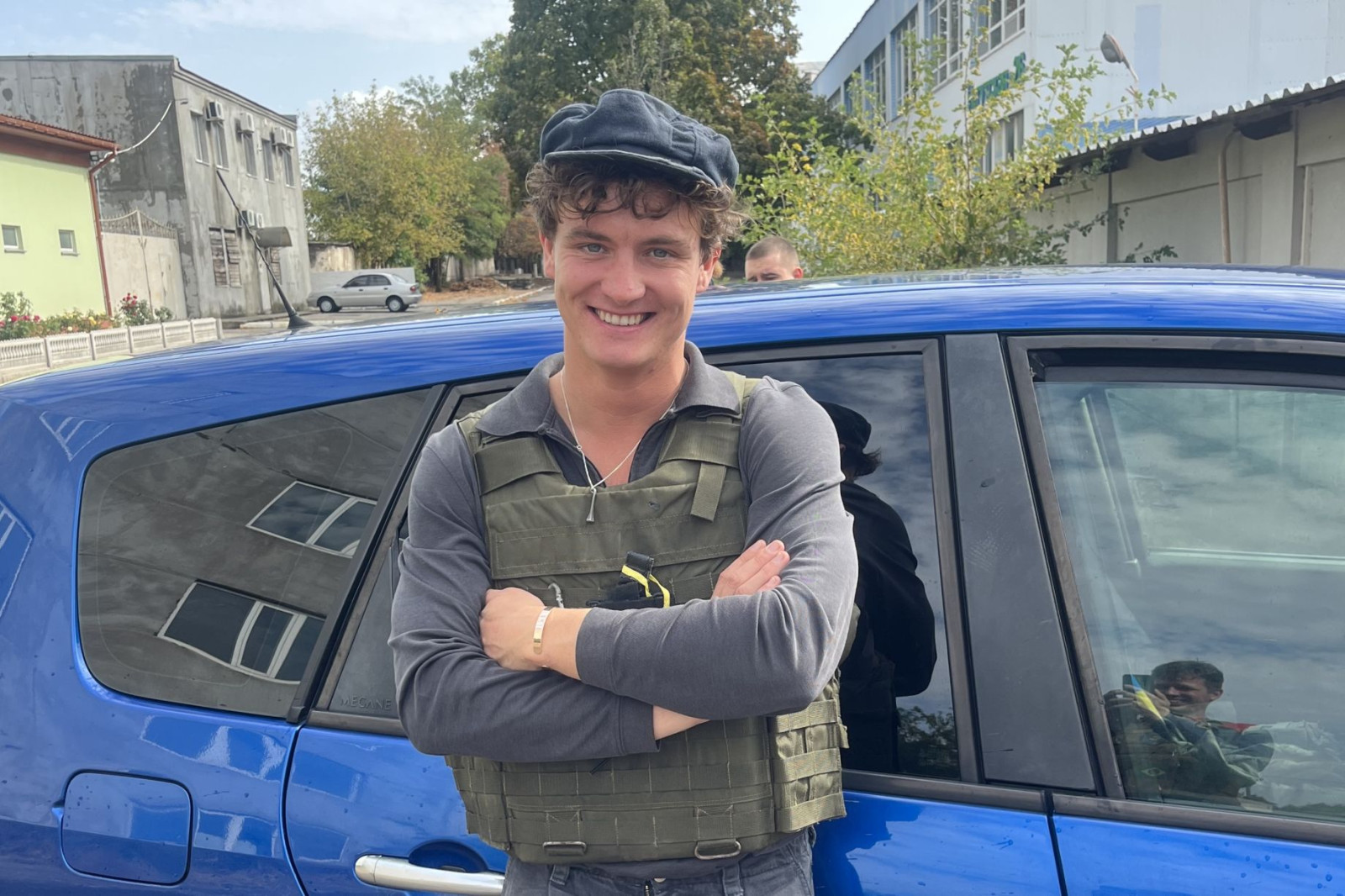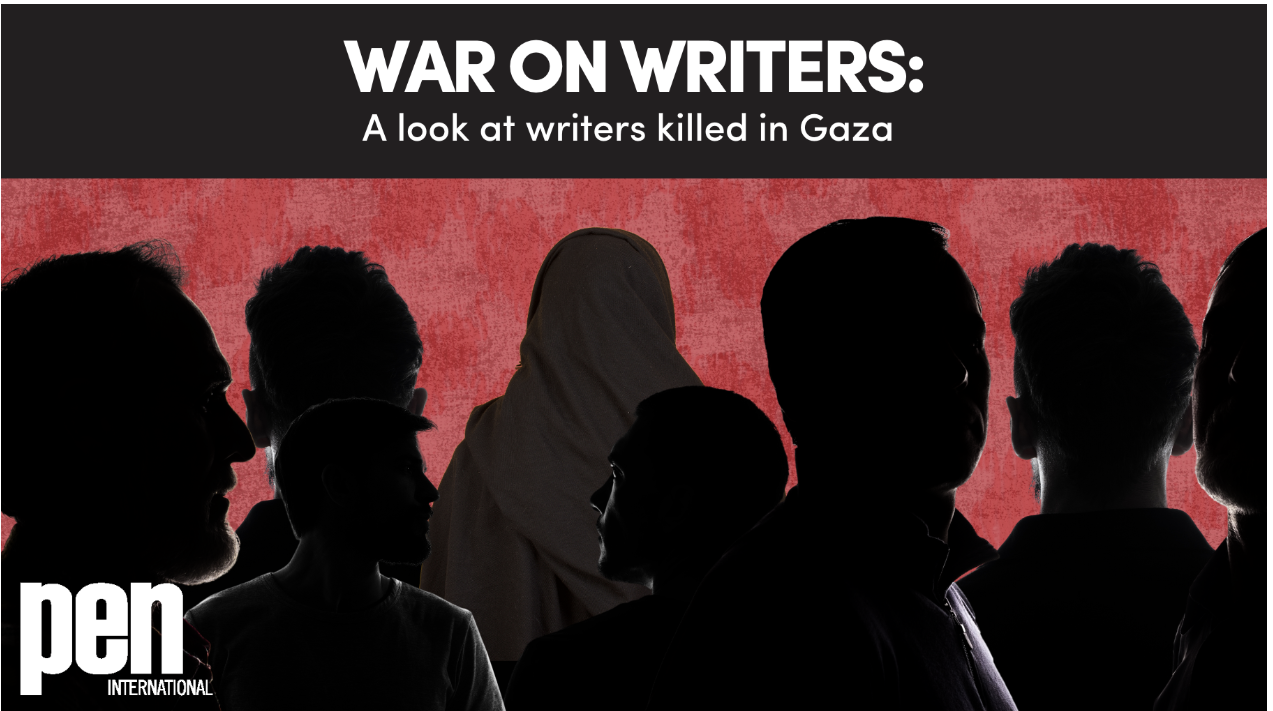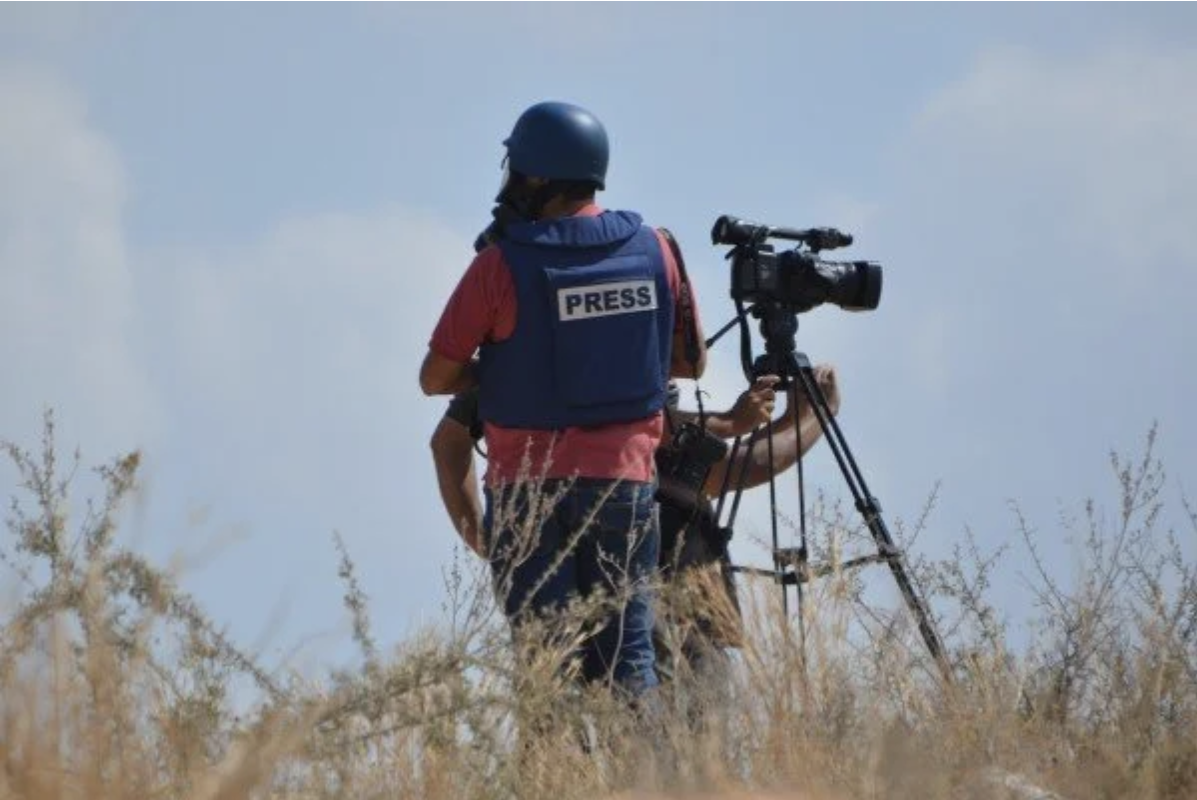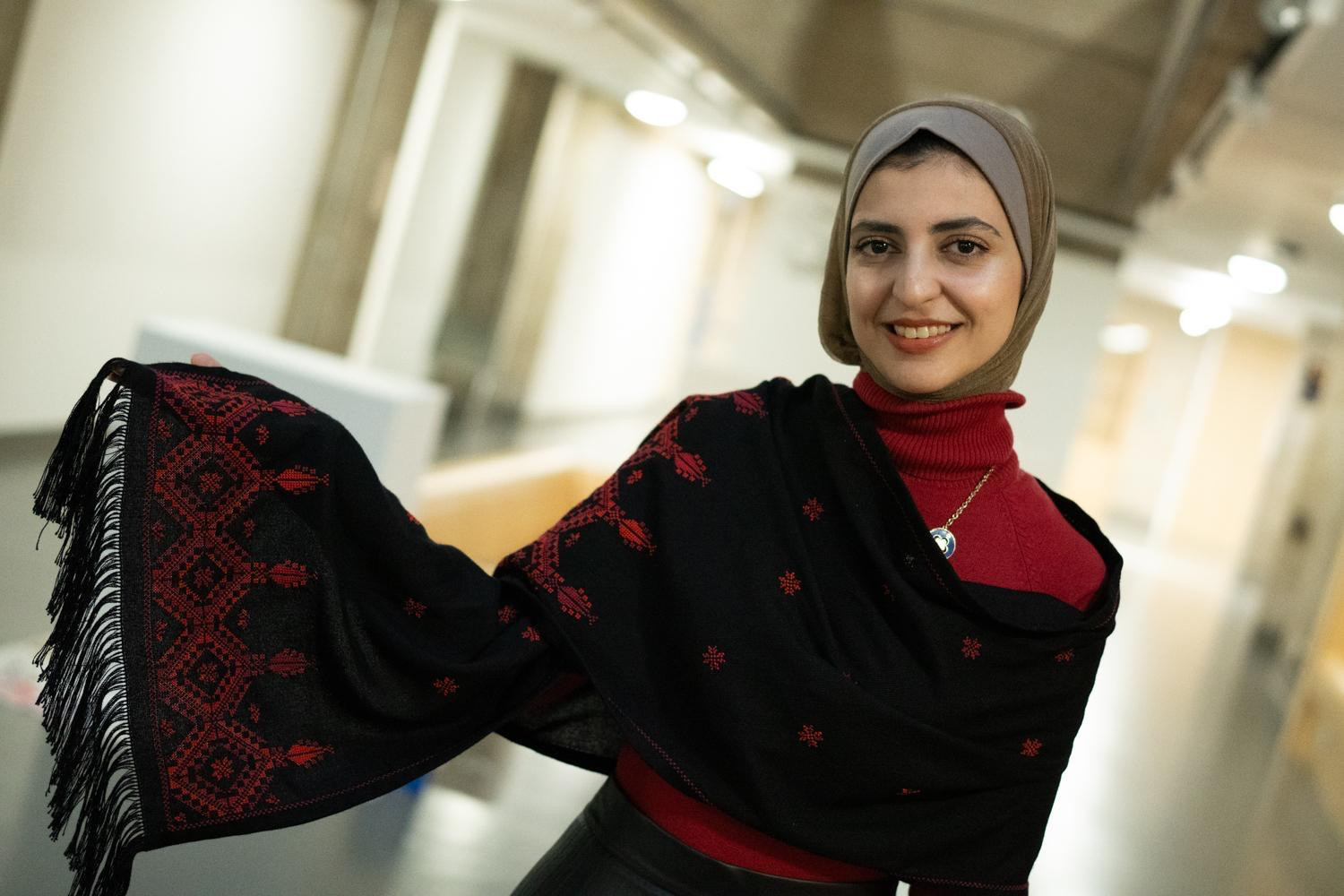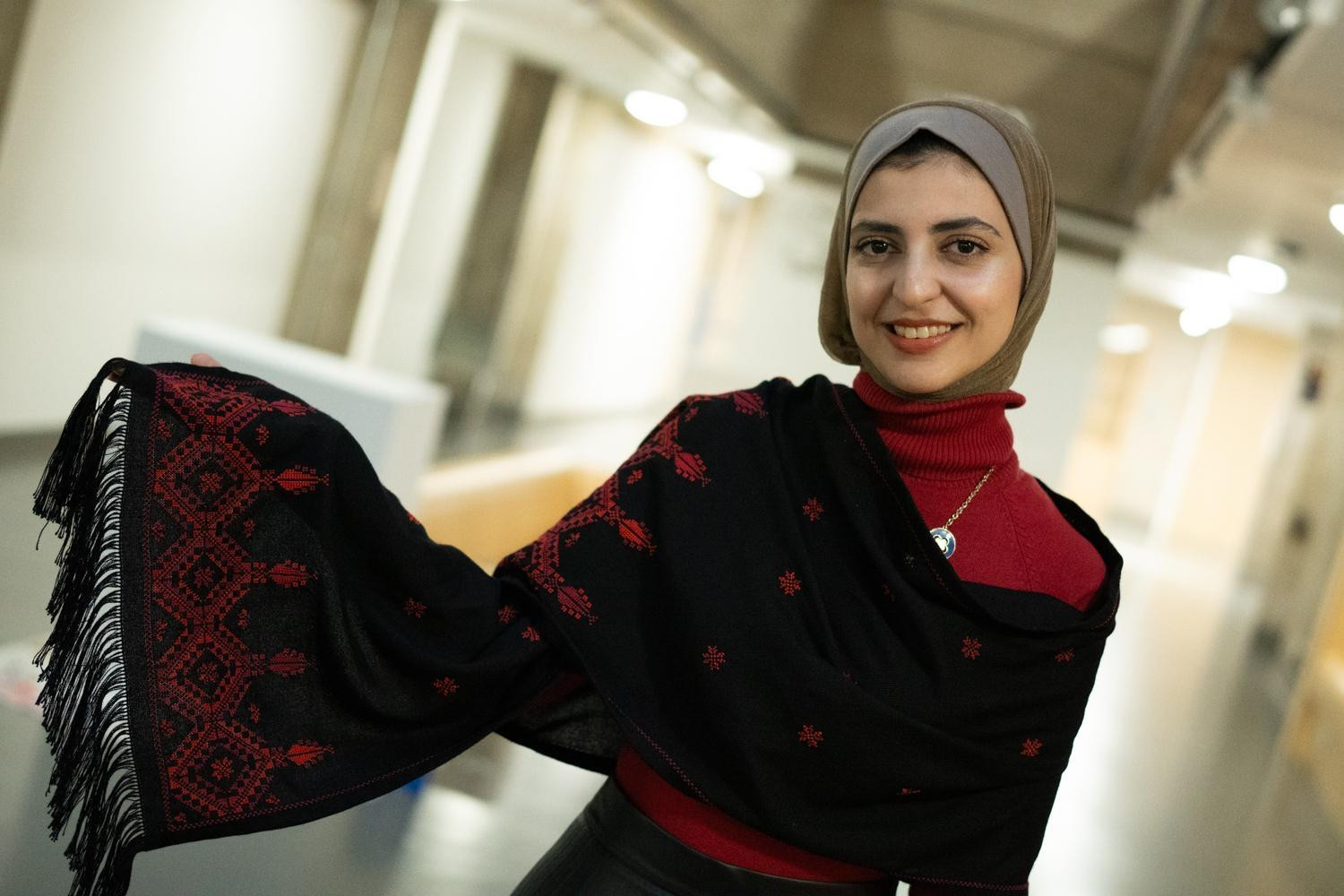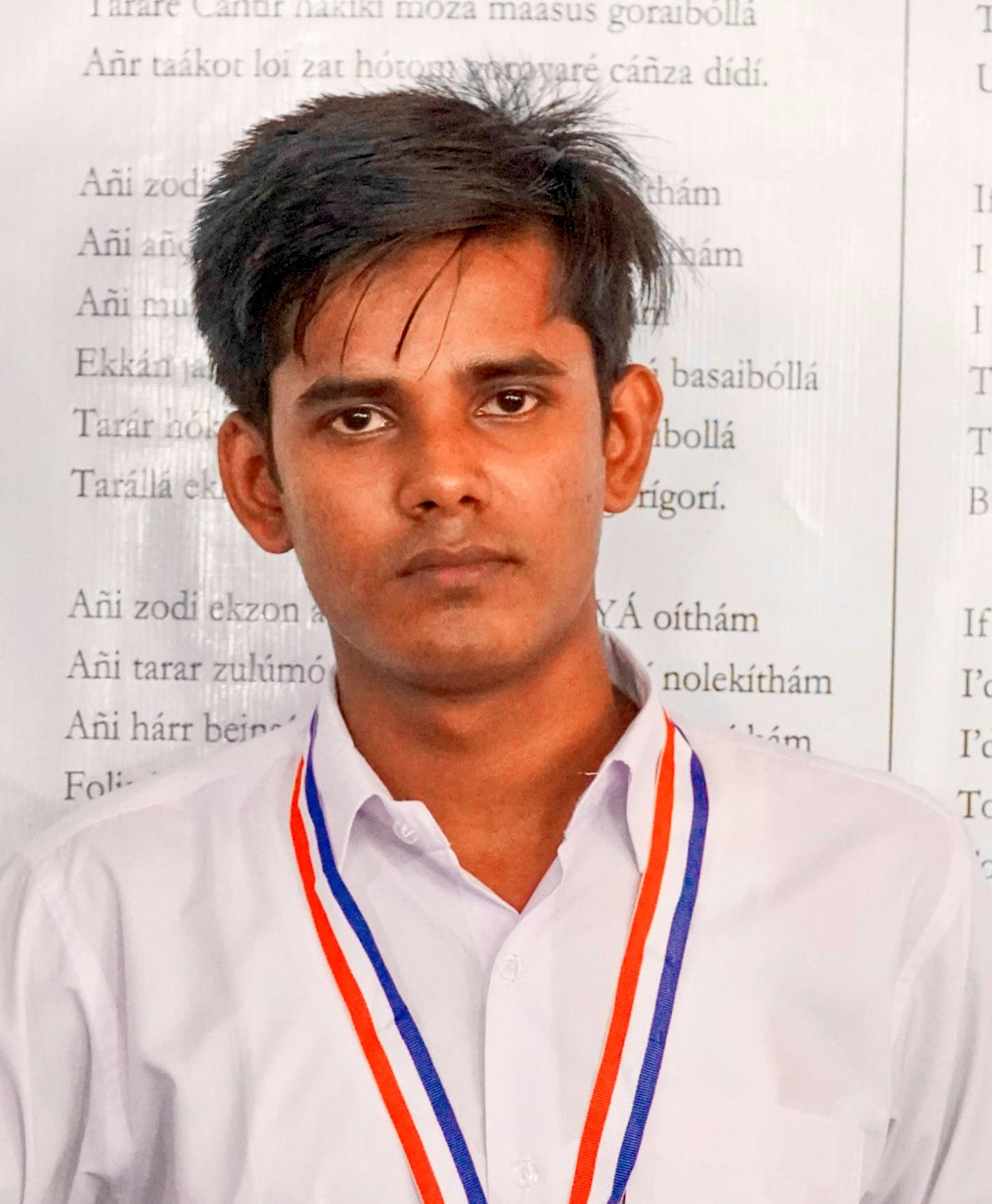As children, our imagination painted jail as something out of the movies: a dark room with thick gray walls where no light could enter, and a jailer with a loud voice yelling at prisoners to do hard labor. We believed one absolute truth — that jail was only for evil people. But like many childhood ideas, this one didn’t survive reality. As I grew older, I learned that jail isn’t only for bad people. Sometimes, very good people end up behind bars. And the biggest shock? Jail isn’t always a room. Sometimes, it can be an entire city. The only part of that childhood image that still sticks with me is the voice of the jailer — loud and cruel to the ear. In my mind, the jailer held all the power. He could starve the prisoners, punish or torture them without permission and we all should believe him since it is so easy to justify anything it is the same argument always “he has to do whatever he want to in the prisoners after all, he was the "protector," and they were the "bad guys." So we have to believe him” But if a jail can be a city, then the jailer can be a country — an occupying power that starves, bombs, and kills a small, beautiful place called Gaza. The jailer can be a colonial power that preaches morality and international law — a country called Israel. And even as all of this suffering wasn’t enough. This jailer decided to shut every border — blocking aid, goods, and travelers, whether they’re trying to get in or out to make Gaza the biggest jail in the world.
It doesn’t matter if you’re a student hoping to study abroad, a patient in desperate need of medical treatment, or simply someone trying to escape the horrors of genocide — you’re not allowed to leave. Israel has decided to keep us locked inside for as long as possible. Even before they began forcing us to leave, its goal was clear: to make us hate our city, to strip life here of all meaning, and to bury our memories so deep that we’d never want to return home again.
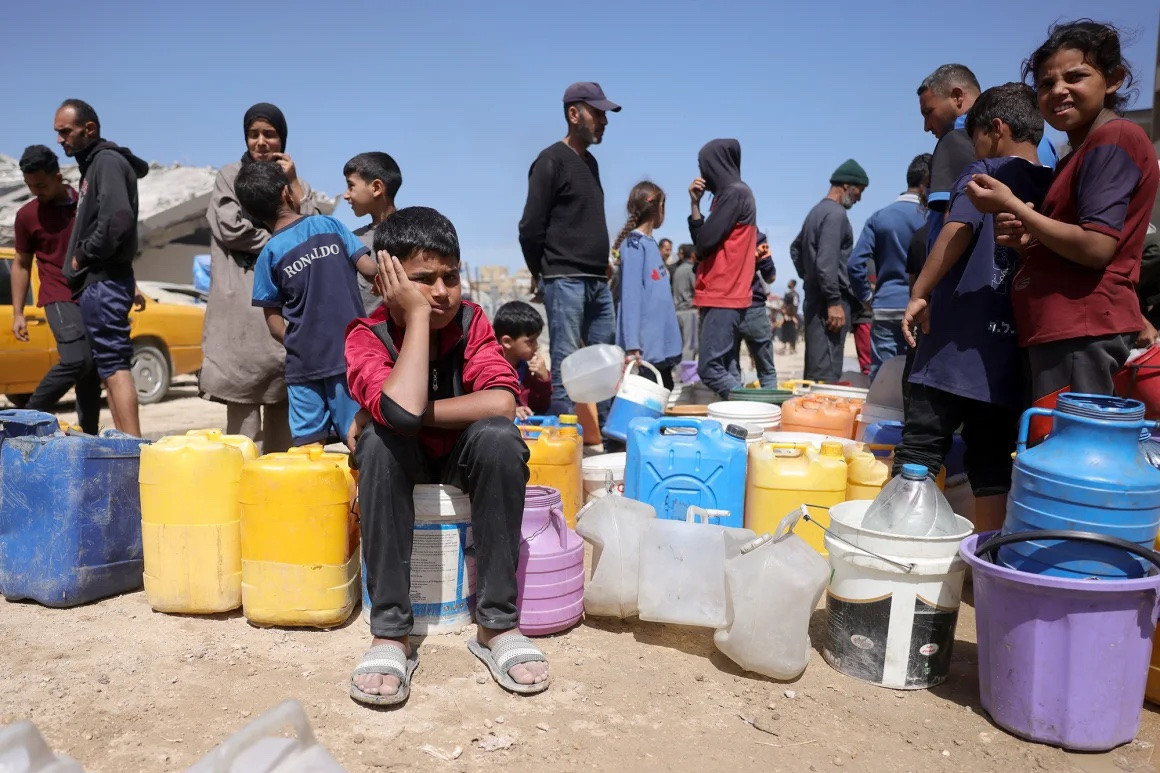
Since May 2024, the Rafah border crossing has remained closed after Israeli forces occupied it. For more than a year, this closure has left hundreds of patients trapped in Gaza, caught in a cruel state of uncertainty. They don’t know if they will ever be allowed to leave and receive the urgent medical care they need — or if, at the very least, life-saving medical supplies will be allowed into hospitals. But instead of that, Israel bombs the hospitals themselves, ensuring that many are simply left to die, as so many already have.
Life hasn’t been any better for students. When the war began, students across Gaza were forced to shift overnight — from building their futures to simply trying to survive. The entire education system collapsed. Most schools and universities were bombed, and those that remained became shelters for displaced families who had either lost their homes or were ordered to evacuate their neighborhoods by the Israeli military.
Many university students, after realizing they could no longer continue their studies in Gaza, applied to universities abroad. A large number succeeded — earning scholarships and acceptances from institutions around the world. But after a full year of Rafah’s closure, many of those universities have started to withdraw their offers or impose strict deadlines, arguing that other “capable” students could take the available spots and benefit from the scholarships. Meanwhile, the students trapped in Gaza are running out of time — watching their dreams slip through their fingers.
In my case, the situation was even more complicated. I was in my final year of high school — Tawjihi, the cornerstone of the Palestinian education system. This single exam determines a student’s GPA, which not only shapes their choice of university major but also plays a crucial role in qualifying for scholarships. As many used to say before, the genocide began: “Give your best this year so you can rest for the rest of your life.” But that chance — the chance to even sit for the exam — never came. For the first time ever, the Ministry of Education couldn’t hold the Tawjihi exams in Gaza. Instead, they allowed students who managed to escape — to Egypt, Turkey, or any other country — to take the exam at the Palestinian embassies abroad.
Unfortunately, most Tawjihi students remained trapped inside Gaza, watching helplessly as an entire year of our lives slipped away. By now, we should have been finishing our first year of university. Instead, like thousands of others, we spend our days praying for Rafah to reopen — to finally and heartbreakingly escape our beloved city. To go somewhere, anywhere, beyond the barbed wire and that distant, beautiful blue sea that holds all of Gaza’s longing. We wait for the chance to sit for our long-delayed Tawjihi exams and to seize the scattered opportunities we keep losing — all because we lack a simple piece of paper declaring that we passed.
In the midst of all this, while the smell of death hangs in the air, my thoughts often drift to the outside world, pulling me into a different rhythm of this boring life. I spend my days and nights laying on my back, staring at the clouds, the sky. Sometimes, I walk to the sea and do the same. I’ve never seen the beaches of Bali, the forests or lakes of Switzerland. I’ve never climbed a mountain or witnessed the green aurora in the skies of Norway. I don’t even know what it feels like to see ice falling gently onto the roof of a home.When I speak to my friends from Gaza who have managed to travel, they describe these wonders — their voices rising with excitement, their eyes sparkling with passion. It feels like listening to a beautiful dream.
That’s when I understood the truth: I am not free — no, we are not free. We live in a vast prison, where our freedom and our dreams have been stolen by a brutal and unjust occupation.
And once I truly grasped that, I realized something even deeper: I will never be able to forgive them. It is not our fault that we were born in Gaza. And it is not Gaza’s fault for being so precious that they feel the need to destroy it. The blame lies in both of the Israel — the criminal occupier jailer — and the world that still clings to the naive belief that the jailer must be the protector.
